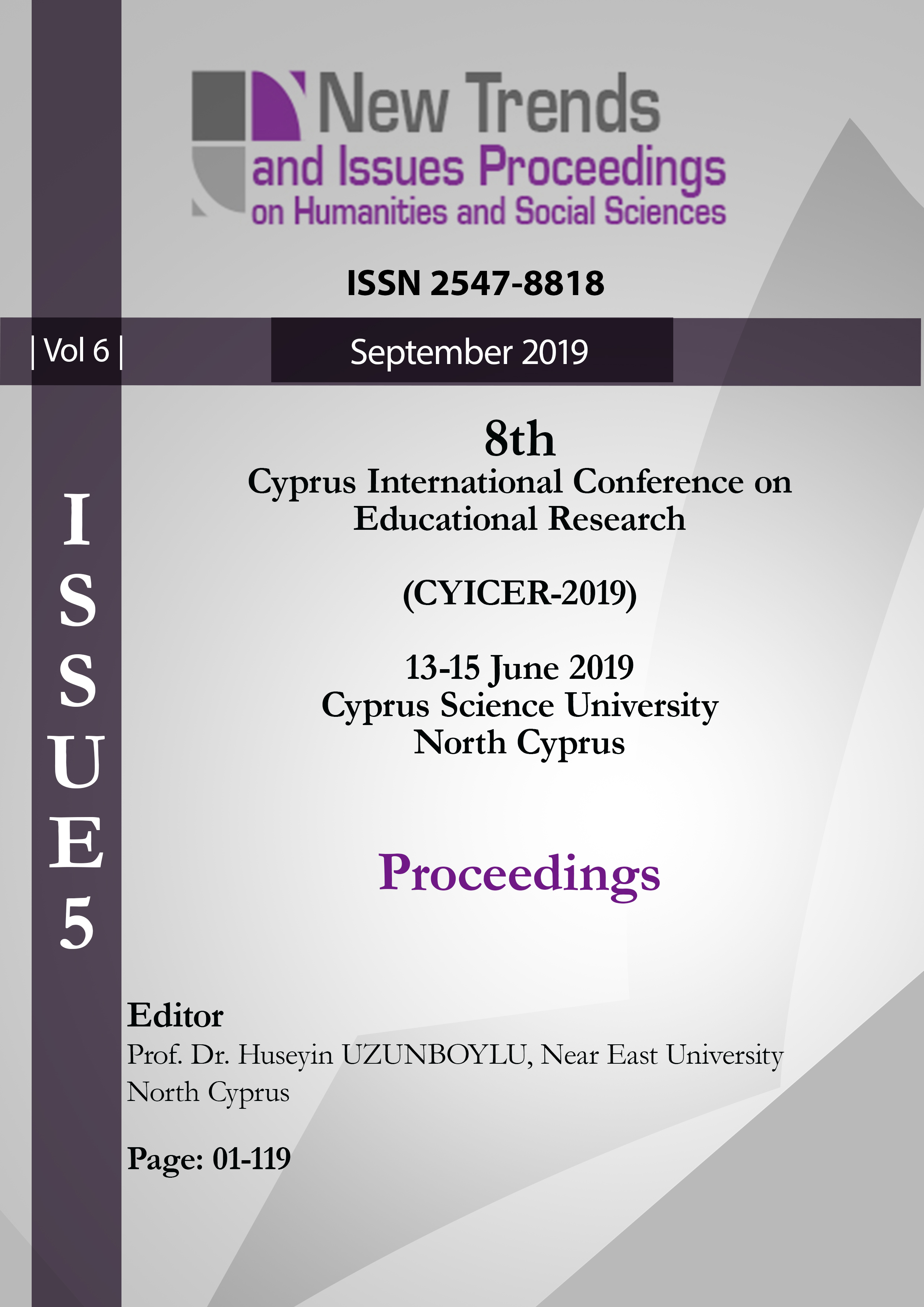Problems of vitality of the Turkic languages in the age of globalisation
Main Article Content
Abstract
In recent years, there is an apparent increase in interest of linguists to do comparative studies on lexicology over the genetic and typologically related languages. This paper has sought to critically research the role of mutual lexical enrichment of kindred languages and assimilation of loanwords, in particular, anglicisms to the vitality, maintenance and revitalisation of Turkic languages in the age of globalisation. The most important reasons for penetration and use of words and terms borrowed from English in modern Turkic languages have extra linguistic nature. However, intra linguistic factors are not an exception. Owing to distinctions of graphic bases of the alphabets and pronunciation norms of Turkic languages, the level of phonetic, grammatical and semantic assimilation of loanwords and terms in these languages are not identical. Because of incomplete phonological and graphic adaptation of loanwords, it becomes clear that in the Turkic languages national colouring, phonetic and orthographic norms of these languages are partly changed.
Keywords: Vitality, lexical system, Turkic languages, globalisation, anglicisms.
Downloads
Article Details

This work is licensed under a Creative Commons Attribution 4.0 International License.
Authors who publish with this journal agree to the following terms:- Authors retain copyright and grant the journal right of first publication with the work simultaneously licensed under a Creative Commons Attribution License that allows others to share the work with an acknowledgement of the work's authorship and initial publication in this journal.
- Authors are able to enter into separate, additional contractual arrangements for the non-exclusive distribution of the journal's published version of the work (e.g., post it to an institutional repository or publish it in a book), with an acknowledgement of its initial publication in this journal.
- Authors are permitted and encouraged to post their work online (e.g., in institutional repositories or on their website) prior to and during the submission process, as it can lead to productive exchanges, as well as earlier and greater citation of published work (See The Effect of Open Access).
